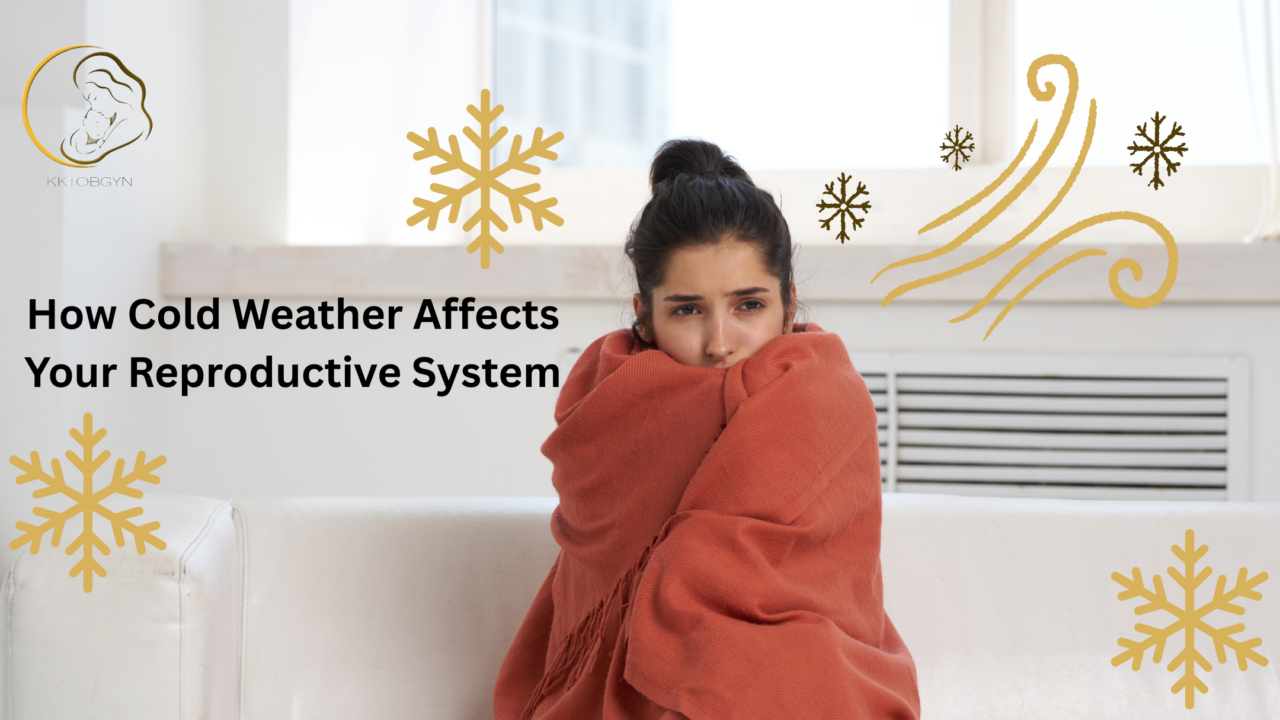Seasonal changes can impact various aspects of health, including the reproductive system. While cold weather may not be an obvious factor in fertility and menstrual health, research suggests that lower temperatures can influence hormonal balance, ovulation, and even menstrual cycle regularity. Understanding these effects can help individuals manage their reproductive health more effectively during colder months.
How Cold Weather Affects Hormonal Balance
Hormones play a crucial role in regulating the reproductive system, and environmental factors, such as temperature, can impact their production and function. During the winter, hormonal changes can occur due to reduced sunlight exposure, altered lifestyle habits, and changes in metabolism.
|
Hormone |
Function |
Effect of Cold Weather |
|
Melatonin |
Regulates sleep and circadian rhythms |
Increased production, potentially delaying ovulation |
|
Estrogen |
Supports ovulation and menstrual cycle regulation |
Potential fluctuation due to metabolic changes |
|
Progesterone |
Prepares the uterus for pregnancy |
May be affected by temperature shifts |
|
Testosterone |
Supports libido and reproductive function |
Levels may drop in colder months |
1. Delayed or Irregular Ovulation
Cold weather can affect ovulation timing, particularly for women who experience seasonal shifts in their menstrual cycle. Increased melatonin production, which is common during darker, winter months, may interfere with the release of luteinizing hormone (LH), delaying ovulation.
2. Changes in Menstrual Cycle Length and Symptoms
Some women may notice variations in their cycle length during colder months. Additionally, period symptoms such as cramping, bloating, and mood swings may be more intense due to:
- Reduced physical activity – Leading to increased discomfort from menstrual cramps.
- Lower vitamin D levels – Affecting hormone balance and exacerbating PMS symptoms.
- Increased stress and seasonal depression – Which can further impact menstrual regularity.
3. Lowered Fertility Rates in Winter
Several studies suggest that conception rates may fluctuate with the seasons, often peaking in late fall and declining in the winter months. Factors contributing to this include:
- Reduced sperm motility – Colder temperatures can affect sperm quality.
- Hormonal fluctuations – Affecting ovulation consistency.
- Seasonal affective disorder (SAD) – Mood changes impacting libido and sexual activity.
|
Factor |
Impact on Fertility During Winter |
|
Reduced Sunlight |
Lower vitamin D, affecting reproductive hormones |
|
Increased Melatonin |
Potential suppression of ovulation |
|
Cold Stress |
Can impact sperm production and egg health |
Can Cold Weather Affect Pregnancy?
Pregnant individuals may also experience unique challenges in colder weather, such as:
- Higher risk of seasonal illnesses – Flu and respiratory infections can pose risks during pregnancy.
- Increased blood pressure – Cold temperatures may contribute to elevated blood pressure, increasing the risk of complications.
- Reduced outdoor activity – Limited exercise can affect circulation and overall well-being.
Tips for Supporting Reproductive Health in Cold Weather
To minimize the effects of colder temperatures on the reproductive system, consider these strategies:
- Maintain a consistent exercise routine – Helps regulate hormones and alleviate menstrual discomfort.
- Ensure adequate vitamin D intake – Through supplements or diet (e.g., fatty fish, fortified dairy products).
- Stay warm and hydrated – Prevents blood vessel constriction, which can affect menstrual flow and cramping.
- Manage stress levels – Meditation, light therapy, and maintaining social connections can help combat seasonal depression.
Final Thoughts
While cold weather may not drastically disrupt reproductive health, it can contribute to subtle changes in menstrual cycles, fertility, and pregnancy outcomes. By understanding these seasonal influences, individuals can take proactive steps to support their reproductive well-being throughout the winter months.


